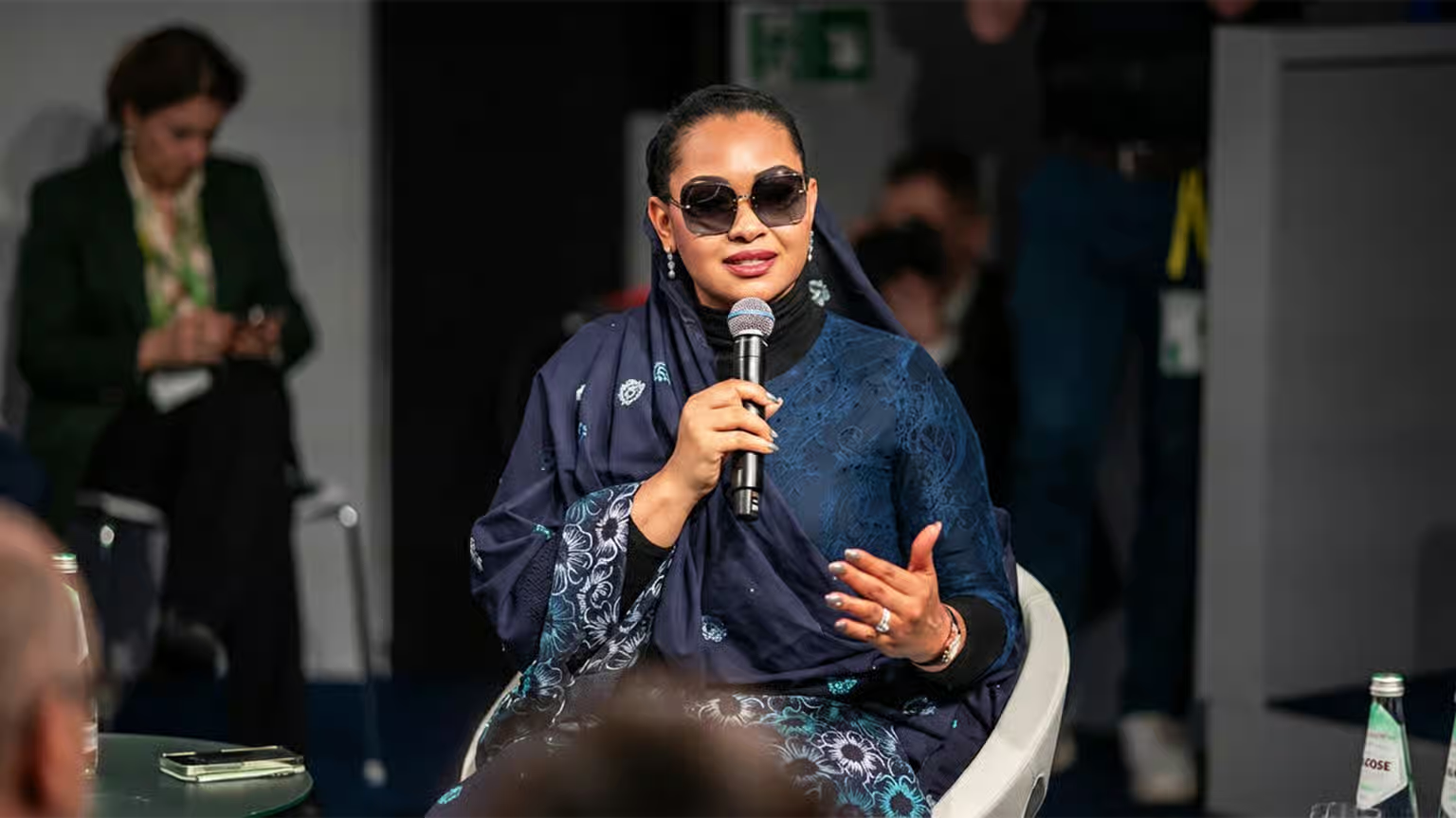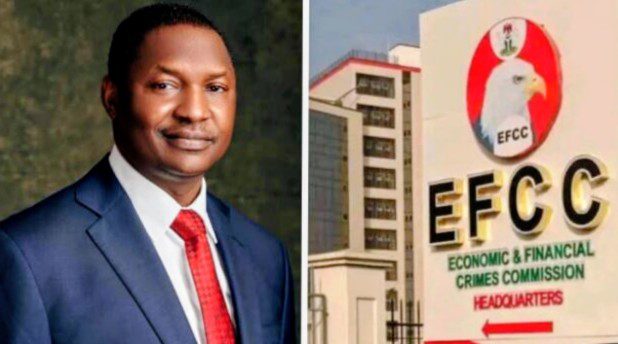By Friday Idachaba
ActionAid Nigeria, an international Non-Governmental Organisation (NGO) has called on the Federal Government to establish National Electoral Offences Commission to prosecute and bring electoral law offenders to book.
The call was contained in a Press Statement issued by the Board of Trustees (BOT) of ActionAid Nigeria after a meeting to review the State of the Nation.

The statement signed by Lola Ayanda, Communications Coordinator of ActionAid Nigeria was made available to the News Agency of Nigeria (NAN) on Sunday in Lokoja.
According to the Organisation’s findings, vote trading has continued to feature in Nigeria’s elections and will remain to be so if perpetrators go unpunished.
“We therefore call for the establishment of the National Electoral Offences Commission to prosecute electoral offenders.
ActionAid added that the Independent National Electoral Commission (INEC)’s adhoc staff should be retrained on the electoral processes, especially on how to operate the Biometric Voters’ Accreditation System (BVAS).
The BOT urged INEC to take lessons from the Anambra State Governorship Election and re-evaluate its readiness for subsequent elections in Nigeria.
“There is need for the review and clean-up of the National Electoral Voters’ Register for citizens to ascertain the real number of eligible voters across the country”, it said.
The statement said that as an organisation working to end poverty, ActionAid Nigeria believes that the process of achieving its mandate required the functionality of every instrument of government.
“We have reviewed developments in government, politics, the economy and security during the last quarter, particularly as they affect vulnerable groups: women, children, Persons with Disabilities (PwDs), and youths.
“To reduce poverty, anti-corruption rhetoric should be matched with action. We call for strong institutions capable of independent interpretation and implementation of public policy objectives in Nigeria.
“Similarly, the anti-corruption fight should go beyond the focus on the politicians but also beam its light on the public servants and banks.
“Commensurate sanctions must be meted out to perpetrators of malfeasance and corrupt acts to serve as a deterrent to others as a way of forestalling the culture of wrongdoing in public offices.
“We call on the Federal Government to promptly implement all contents of the FGN/ASUU agreement. Government should declare a state of emergency on education to rebuild it and ensure that the children of the poor get quality education.
“Nigeria needs to tackle the growing construction of structurally distressed buildings that endanger Nigerians by cracking down on unscrupulous real estate developers.
“The Council of Registered Builders of Nigeria (CORBON), whose function is to establish and oversee the construction industry and coordinate its development must work with other critical stakeholders to ensure stricter measures to enforce regulation in the building and construction sector”, the statement added.



